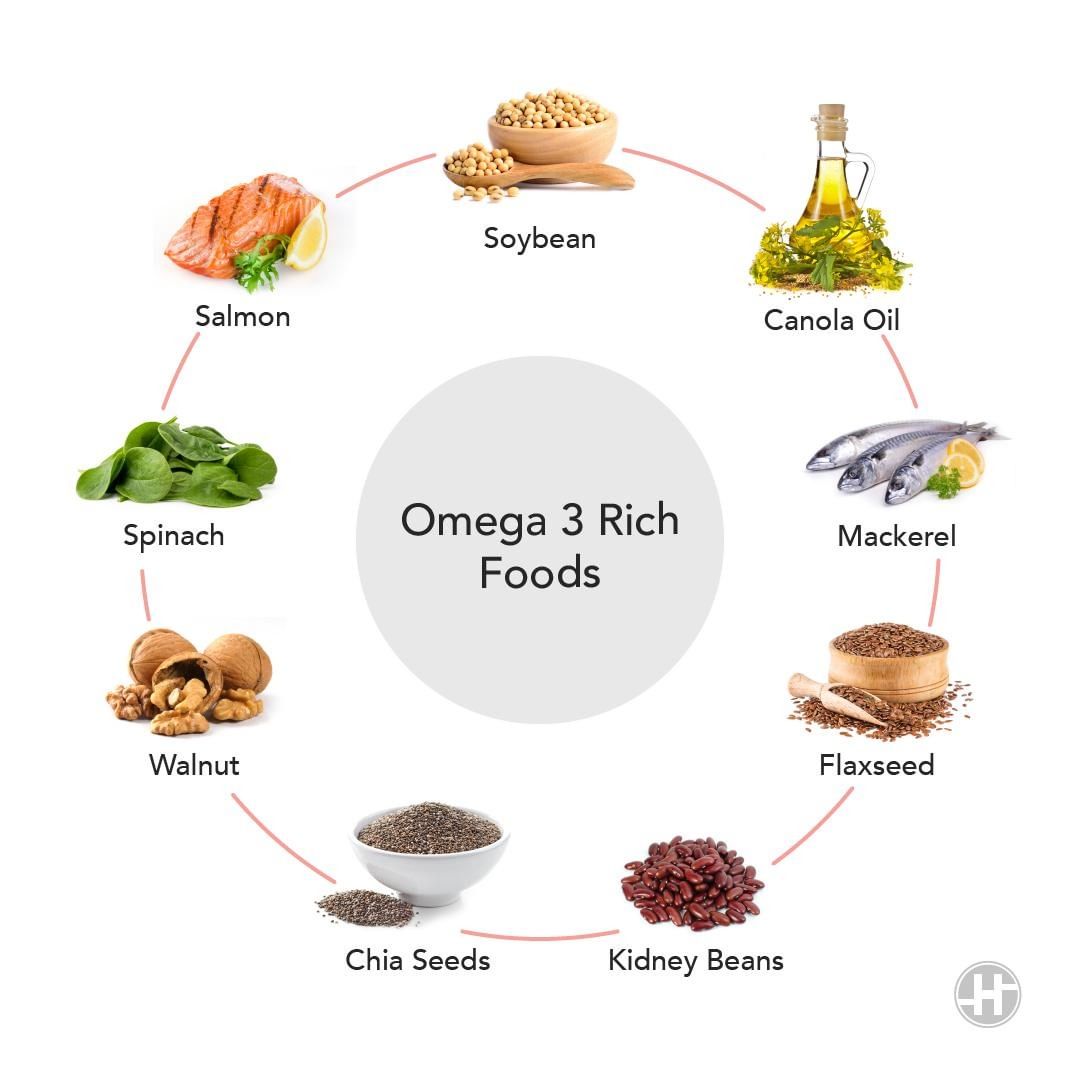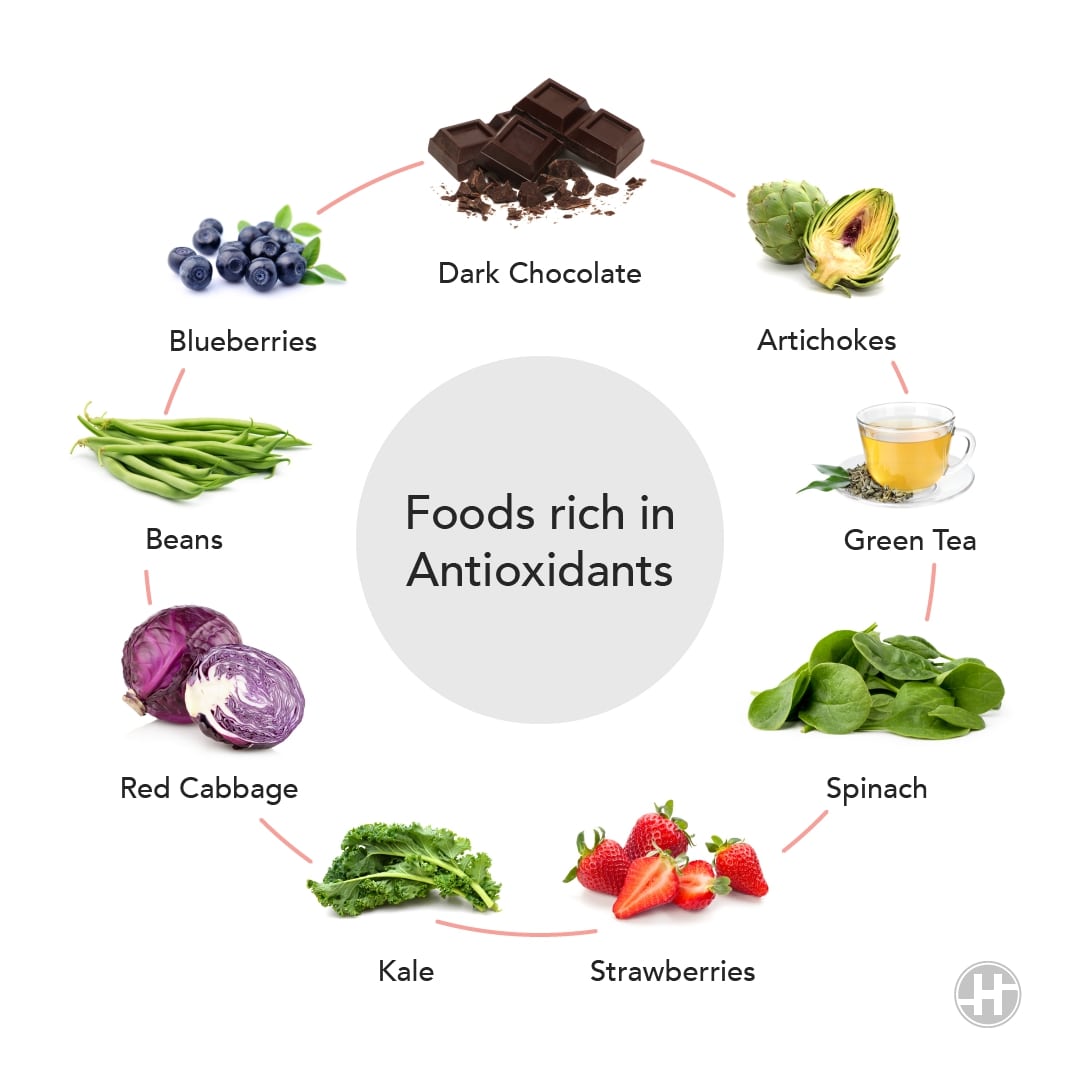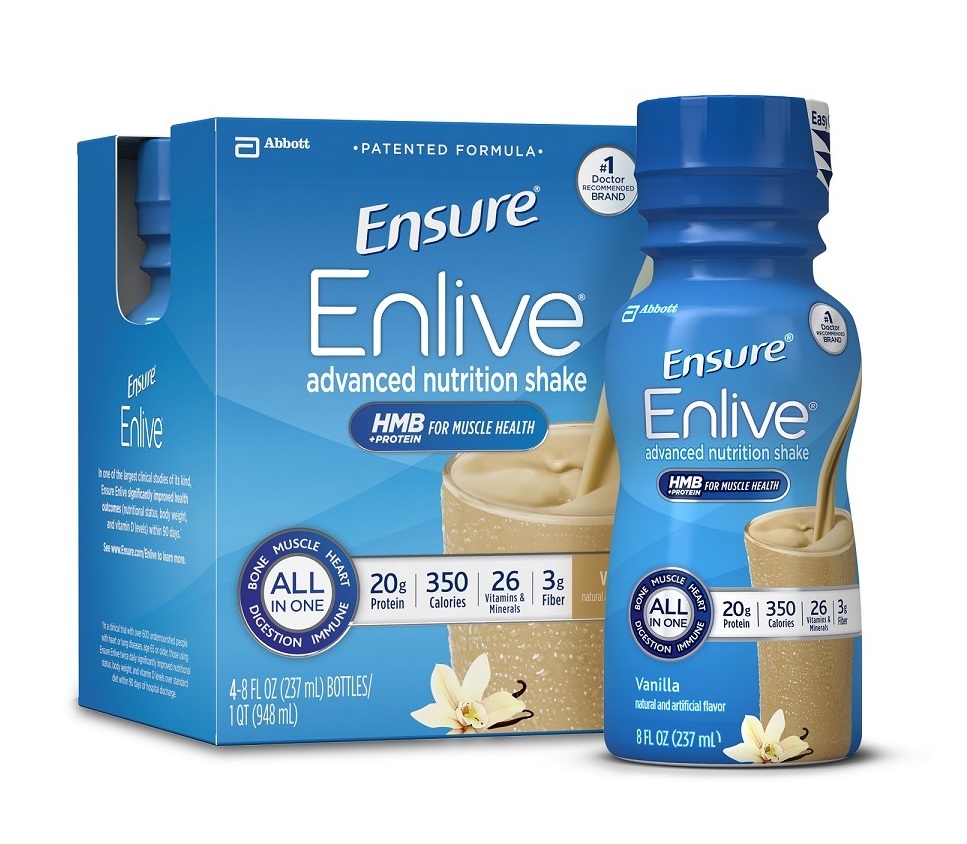Sarcopenia and Nutrition: Eating to Support Muscle Health
Nutrition and Sarcopenia Prevention

There are different types of protein, and they all serve different purposes in the body. Here are some examples:
Complete
proteins: These contain all the essential amino acids that the body needs to
function. Animal-based protein sources such as meat, fish, eggs, and dairy
products are complete proteins. Some plant-based protein sources, such as
soybeans and quinoa, are also complete proteins.
Incomplete
proteins: These do not contain all the essential amino acids that the body
needs. Plant-based protein sources such as legumes, nuts, and seeds are often
incomplete proteins. However, combining different incomplete protein sources
can create a complete protein. For example, rice and beans, or hummus and
whole-grain pita bread.
Whey
protein: This is a type of protein found in milk. It's a complete protein that
is quickly and easily absorbed by the body, making it a popular choice for
athletes and bodybuilders.
Casein
protein: Another protein found in milk, casein protein is a slow-digesting
protein that provides a steady release of amino acids to the body over a longer
period of time.
Plant-based
protein powders: These are protein supplements made from plant sources such as
peas, brown rice, hemp, or soy. They are often used by people who follow a
vegan or vegetarian diet or have a dairy allergy or intolerance.
Including a
variety of protein sources in the diet can help ensure that the body gets all
the essential amino acids it needs for optimal muscle health.
In addition to protein, it is important to consume a variety of nutrients that support muscle health, including:
Vitamin D: Vitamin D plays a key role in muscle function and strength, and low levels of vitamin D are associated with increased risk of falls and fractures. Older adults may need more vitamin D than younger adults, and some may require supplements to achieve optimal levels.
Omega-3
Fatty Acids: Omega-3 fatty acids have anti-inflammatory properties that can
help reduce muscle loss and improve muscle function. Sources of omega-3 fatty
acids include fatty fish, flaxseed, and walnuts.
Antioxidants: Antioxidants such as vitamin C, vitamin E, and beta-carotene can help protect muscle cells from damage and promote muscle growth. Good sources of antioxidants include fruits, vegetables, and nuts.
Carbohydrates: Carbohydrates are important for providing energy for physical activity, which is essential for maintaining muscle mass and function. Complex carbohydrates, such as whole grains, fruits, and vegetables, are preferred over simple carbohydrates, such as sugar and refined grains.
Supplements and Sarcopenia Management
For
individuals who have already developed sarcopenia, nutrition can play an
important role in management. In addition to adequate protein intake and
nutrient diversity, older adults with sarcopenia may benefit from specific
supplements. For example, creatine supplementation has been shown to improve
muscle mass and strength in older adults, while
beta-hydroxy-beta-methylbutyrate (HMB) may help preserve muscle mass and reduce
muscle loss.
Meal planning is an important aspect of ensuring that you're consuming enough protein and other essential nutrients to support muscle health.
Breakfast:
Oatmeal with chopped nuts, Greek yogurt, and berries
Mid-morning
snack: Hard-boiled egg and an apple
Lunch:
Grilled chicken breast with mixed greens and a side of quinoa
Afternoon
snack: Hummus with raw veggies
Dinner:
Baked salmon with roasted vegetables and brown rice
Dessert:
Greek yogurt with sliced banana and honey
In addition
to these specific meal ideas, here are some general suggestions for
incorporating more nutrient-dense foods into your daily meals and snacks:
- Include a source of lean protein with each meal and snack, such as chicken, fish, tofu, or beans.
- Incorporate a variety of colorful fruits and vegetables throughout the day for their vitamins, minerals, and antioxidants.
- Choose whole grains, such as quinoa, brown rice, or whole wheat bread, over refined grains.
- Limit processed and high-sugar foods, which can be low in nutrients and contribute to inflammation.
In conclusion, a well-balanced diet that is rich in protein, essential nutrients, and antioxidants can help support muscle health and prevent the onset or progression of sarcopenia. By incorporating a variety of whole foods and lean protein sources into your daily meals and snacks, you can ensure that your body has the building blocks it needs to maintain and repair muscle tissue. In addition, staying active and engaging in regular resistance training can further support muscle growth and function. So, whether you're looking to prevent sarcopenia or maintain muscle mass as you age, a nutritious diet and an active lifestyle are key components of overall health and well-being.












Comments
Post a Comment